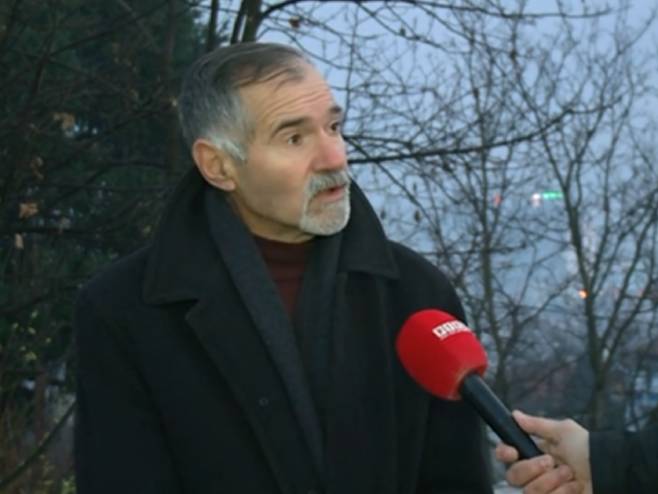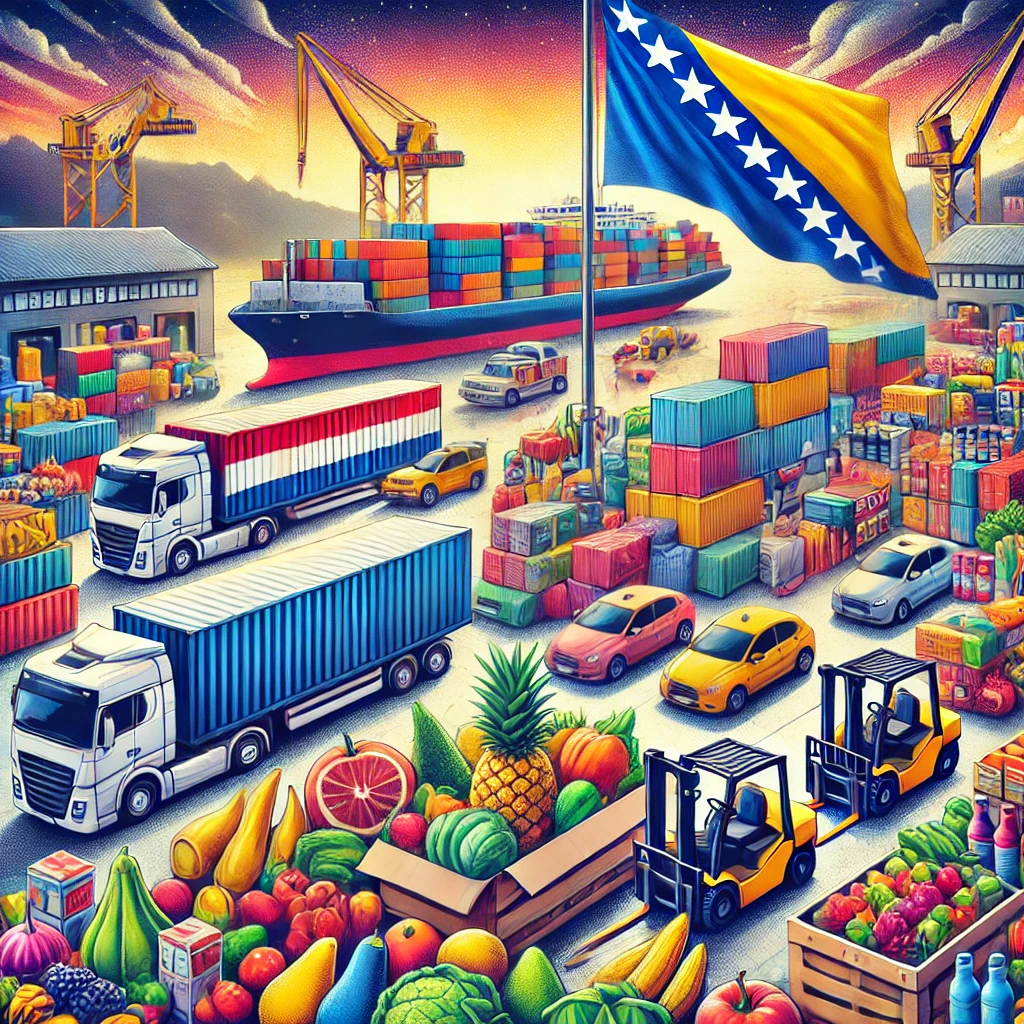Bosnia and Herzegovina (BiH) recorded a trade deficit of 3.5 billion BAM in agricultural and food products with the world last year, with an import-export coverage of 23%, indicating BiH’s high vulnerability to sudden changes and disruptions in food trade, according to an analysis adopted today by the Council of Ministers.
According to the analysis of the trade exchange of agricultural and food products between BiH and the world for 2023, the total volume of trade in agricultural and food products is continuously increasing, but exports have stagnated at the level of one billion BAM over the past two years, while imports have grown, reaching a value of 4.5 billion BAM in 2023.
Agricultural and food products constitute a solid six percent of BiH’s total exports to foreign markets, while on the import side, this share is larger, amounting to about 16%, the analysis prepared by the Ministry of Foreign Trade and Economic Relations highlights.
BiH lacks a clear competitive advantage, except in the dairy, fruit, and vegetable subsectors. The leading export product remains sunflower seed oil, which saw a 19% drop in exports in 2023, while white sugar exports decreased by 40%, and frozen raspberries by 34%.
The EU remains a key trading partner for BiH, accounting for around 55% of BiH’s imports of agricultural and food products, while approximately 46% of BiH’s total agricultural and food product exports are directed to the EU market, primarily to Croatia, Germany, Italy, Slovenia, and Austria, and to a lesser extent to Sweden and France.
Simultaneously, about 85% of total imports of agricultural and food products from the EU to BiH come from Croatia, Germany, Italy, Poland, Hungary, the Netherlands, Austria, and Slovenia.
The CEFTA market, led by Serbia, is also a significant trading partner for BiH in terms of the trade of agricultural and food products.
During 2023, about 41% of BiH’s total exports of agricultural and food products were exported to the CEFTA market, while about 29% were imported from there, according to the Council of Ministers.
At its session in Mostar, the Council of Ministers accepted the Initiative of the Management Board of the Indirect Taxation Authority (ITA) to initiate procedures for establishing bilateral reciprocity on VAT refunds to foreign taxpayers between BiH and other countries.
By accepting bilateral reciprocity, assumptions are created for registered VAT payers, businesses from BiH, to achieve the right to VAT refunds in those countries.
Legal obstacles regarding VAT refunds to taxpayers who do not have a headquarters in BiH were removed by adopting the Rulebook on Amendments to the Rulebook on the Application of the Law on Value Added Tax in 2020, based on which BiH has no limitations regarding reciprocity.
Currently, BiH has an outflow of funds based on VAT refunds to foreign taxpayers, but no funds from foreign VAT refunds.
Therefore, the Council of Ministers tasked the Ministry of Foreign Affairs to undertake diplomatic activities with countries that have reciprocity conditions, prioritizing countries with which BiH has significant foreign trade exchange, the statement added.
Source: RTRS









